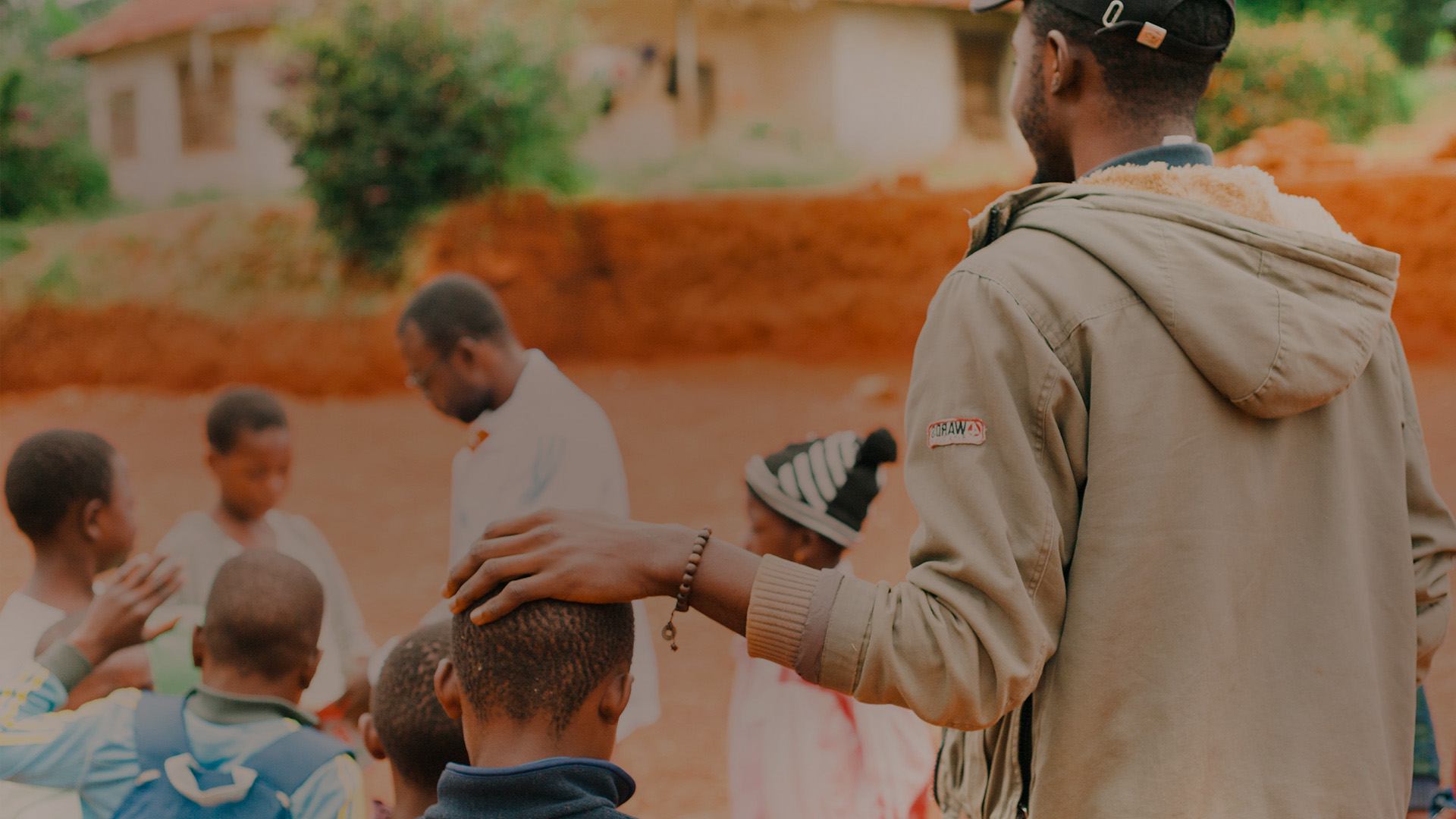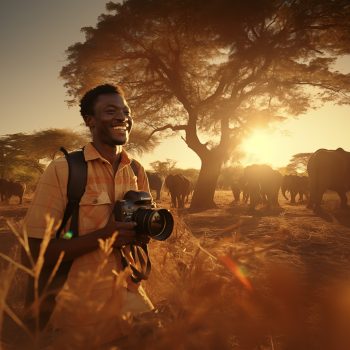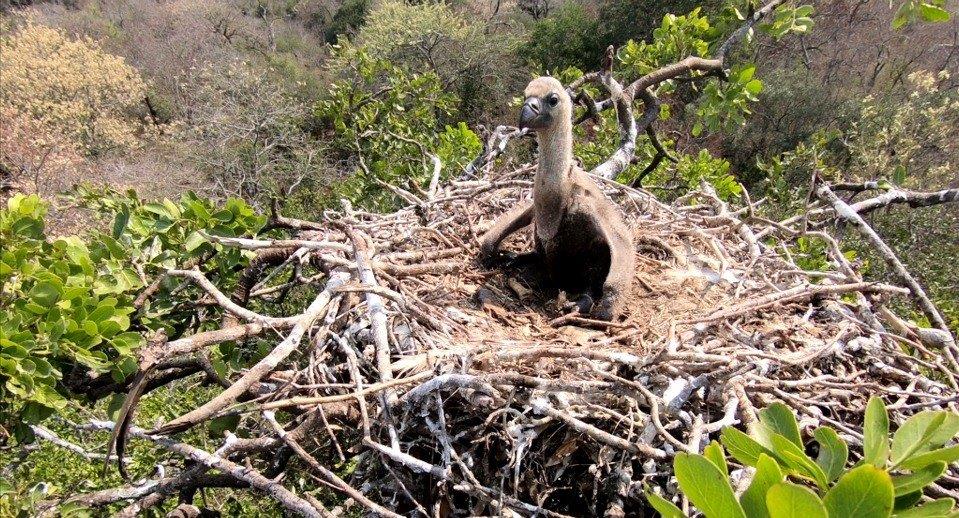This compelling webinar delves into the social consequences that ripple through communities affected by illegal wildlife trade.
>> to register to attend the webinar, Tuesday, April 23, 1 – 2 pm (CAT)
By Matthew Hattingh
When rhinos are shot for their horns it’s not only conservation that takes a hit. The trade in endangered wildlife has social consequences. The often highly militarised response to poaching has left widows in its wake, while children grow up without fathers – dead or doing jail time. The families of rangers have suffered greatly too, with loved ones lost or traumatised.
These often-neglected victims of the illegal wildlife trade will be the focus of a webinar on Tuesday April 23 featuring Dr Annette Hübschle, an expert in risk governance and criminology, and Sboniso Phakathi, a conservationist with the Southern African Wildlife College. They will be in conversation with journalist Yves Vanderhaeghen, who will be facilitating the webinar, with conservationist Vusi Tshabalala serving as host.
Supported by USAID and the World Wide Fund for Nature (WWF), the Khetha webinar series aims to improve media reporting on wildlife crime by inviting stakeholders and the media to take a deeper look at wildlife crime and the realities around it.
Frank talk
“The webinars are packed with fresh insights and frank talk, with the hope that it will aid and inspire story-writing on this important topic,” said Vanderhaeghen.
Allied to the webinar series, Jive Media Africa and Roving Reporters are working to establish a network of young environmental reporters. The Khetha 2024 Story Project includes training in story-writing and assisting rookie writers to get their work published.
Tuesday’s webinar runs from 1 pm and 2pm. It is titled, “Social Impact of Wildlife crime: People are also victims.”
“Wildlife crime is as much about people and how they live as it is about animals and plants,” says Hübschle, whose research has sparked debate and prompted a relook at how we view the problems.
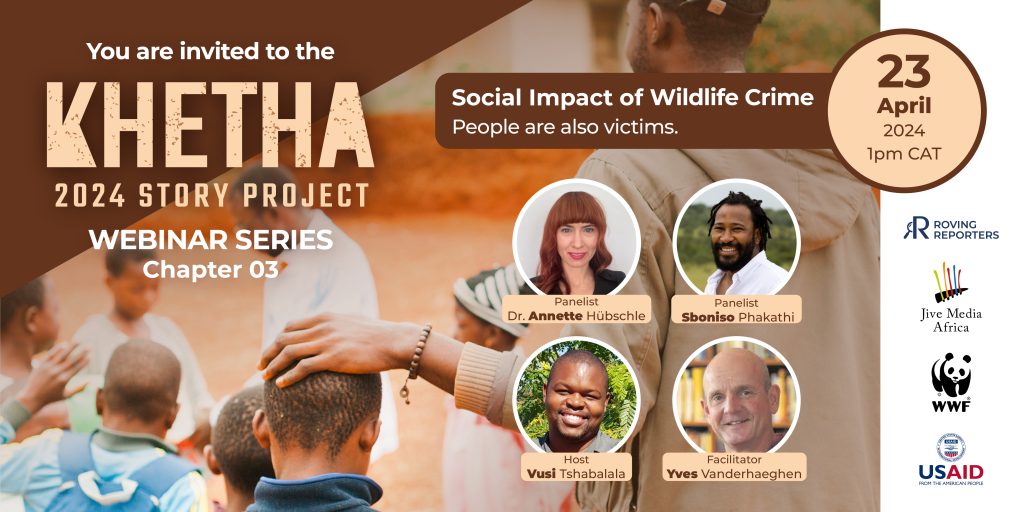
Fragmented communities
Phakathi says social and criminal dynamics differ from village to village. However, when criminals embed themselves in a community, they “can exact a lot of violence, and this threat is enough to make people march in line, especially if the community is fragmented or they’ve been moved around”, as a result of civil conflict or forced removals.
>> to register to attend the webinar
Bios of the speakers
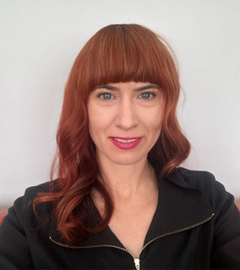
Panellist Dr Annette Hübschle is a senior research fellow in the Global Risk Governance programme in the Public Law Department at the University of Cape Town. A social scientist and economist, Hübschle’s work looks at wildlife trafficking, illegal markets, criminal networks and pragmatic approaches to conservation. She sits on a number of national and international bodies and is widely published.
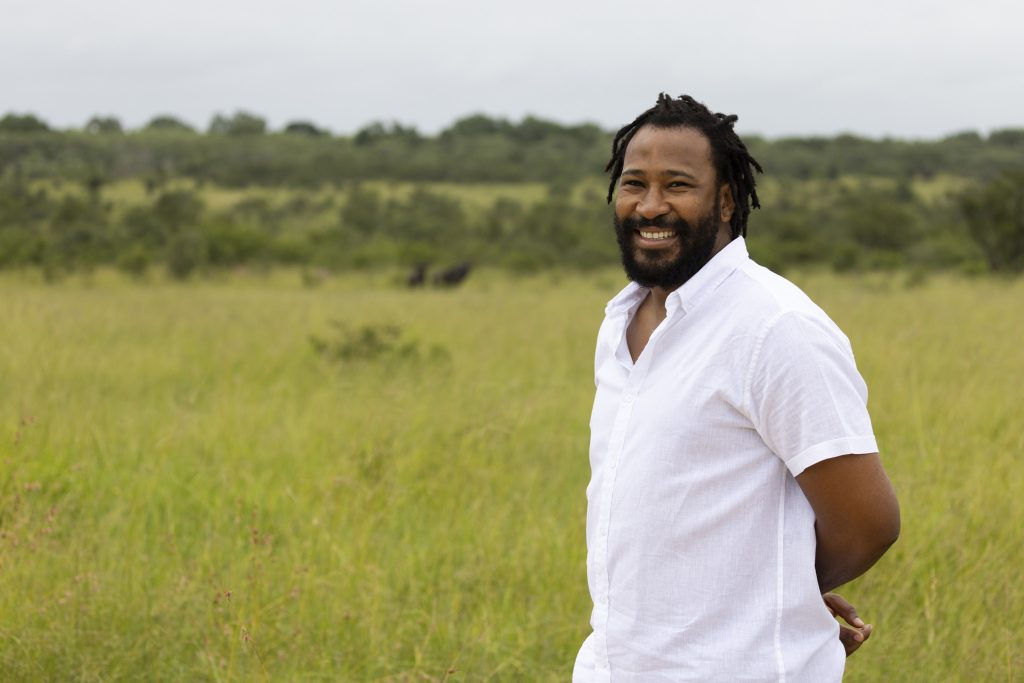
Panellist Sboniso Phakathi, is a project leader of the Southern African Wildlife College’s Community Department’s Rural Initiatives for a Sustainable Environment Unit. The unit is involved in rural community-conservation initiatives, with project sites in Mpumalanga, Limpopo, KwaZulu-Natal, and Mozambique. He is interested in finding novel and creative ways to help communities living near parks to deepen their interest in conservation while benefiting from the protection of these places.
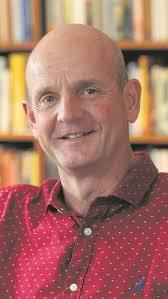
Facilitator Yves Vanderhaeghen is a former editor of The Witness newspaper. A seasoned journalist, he has written extensively on conservation and holds a doctorate in media and communication.
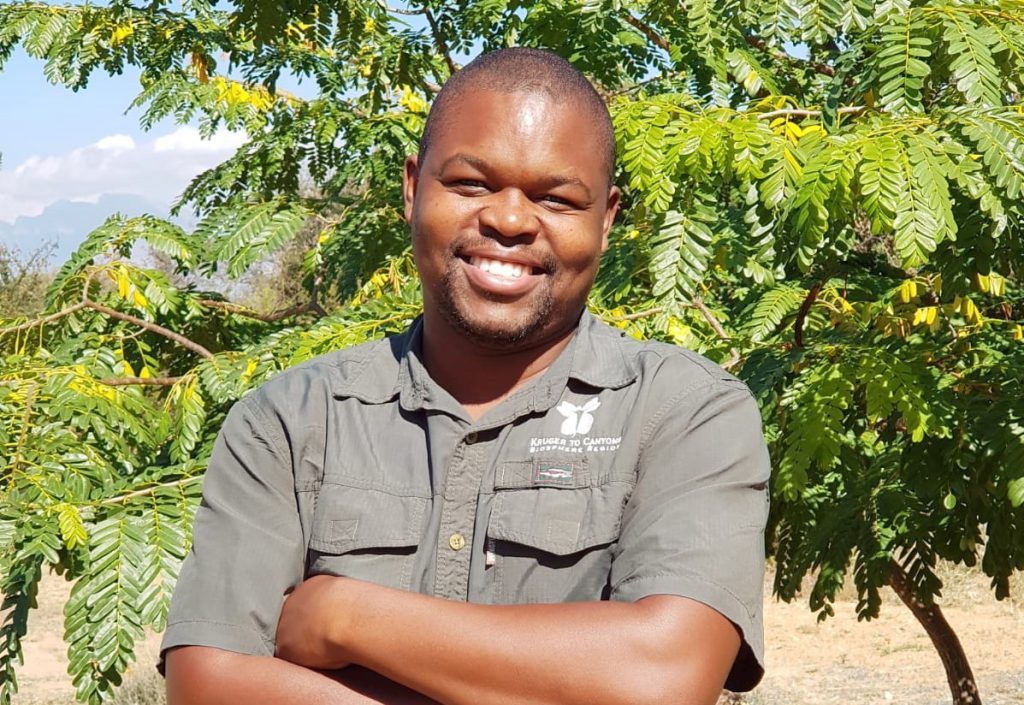
Host Vusi Tshabalala, of the Kruger 2 Canyons Biosphere Region, is a community conservation and education specialist.
